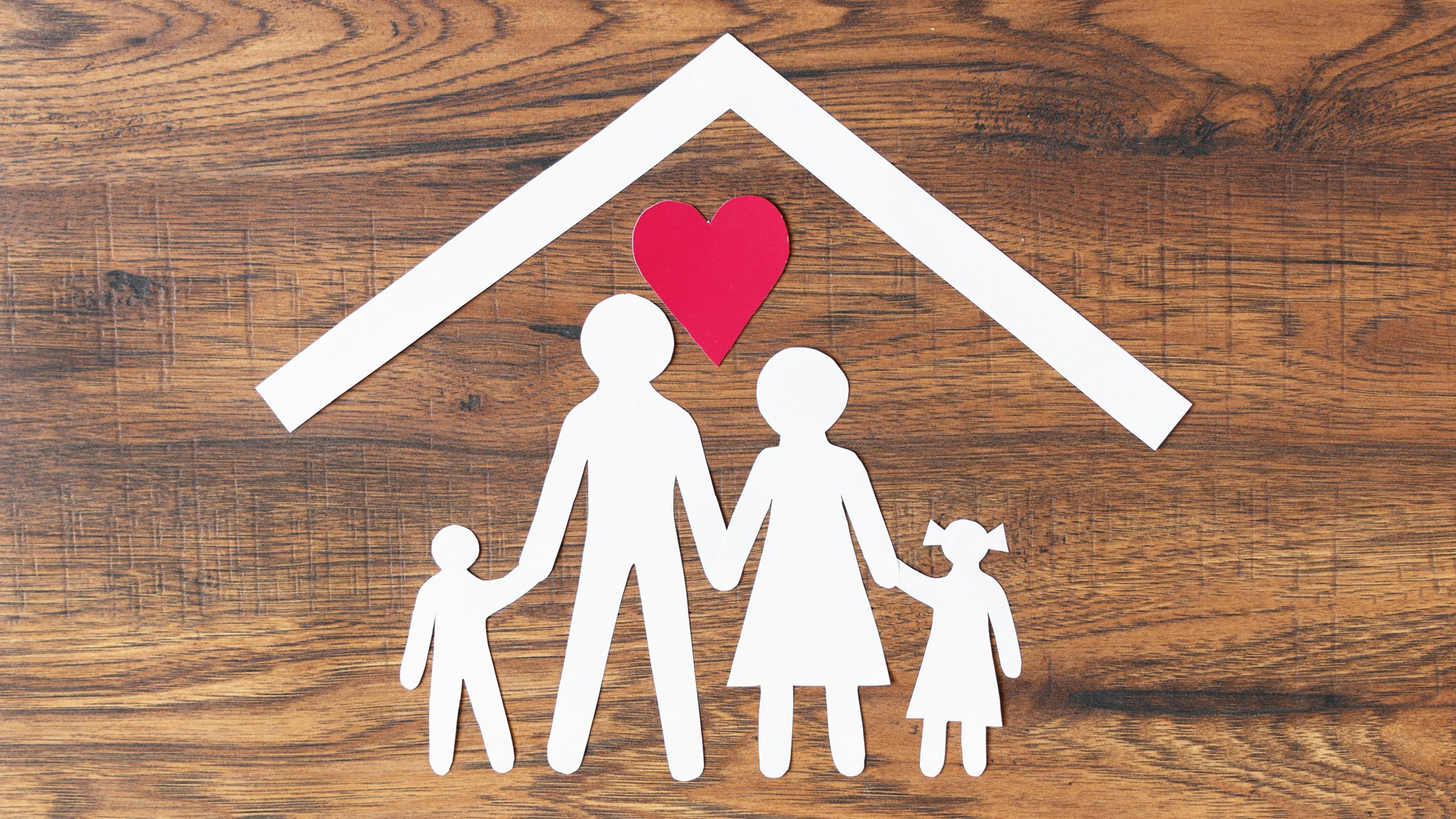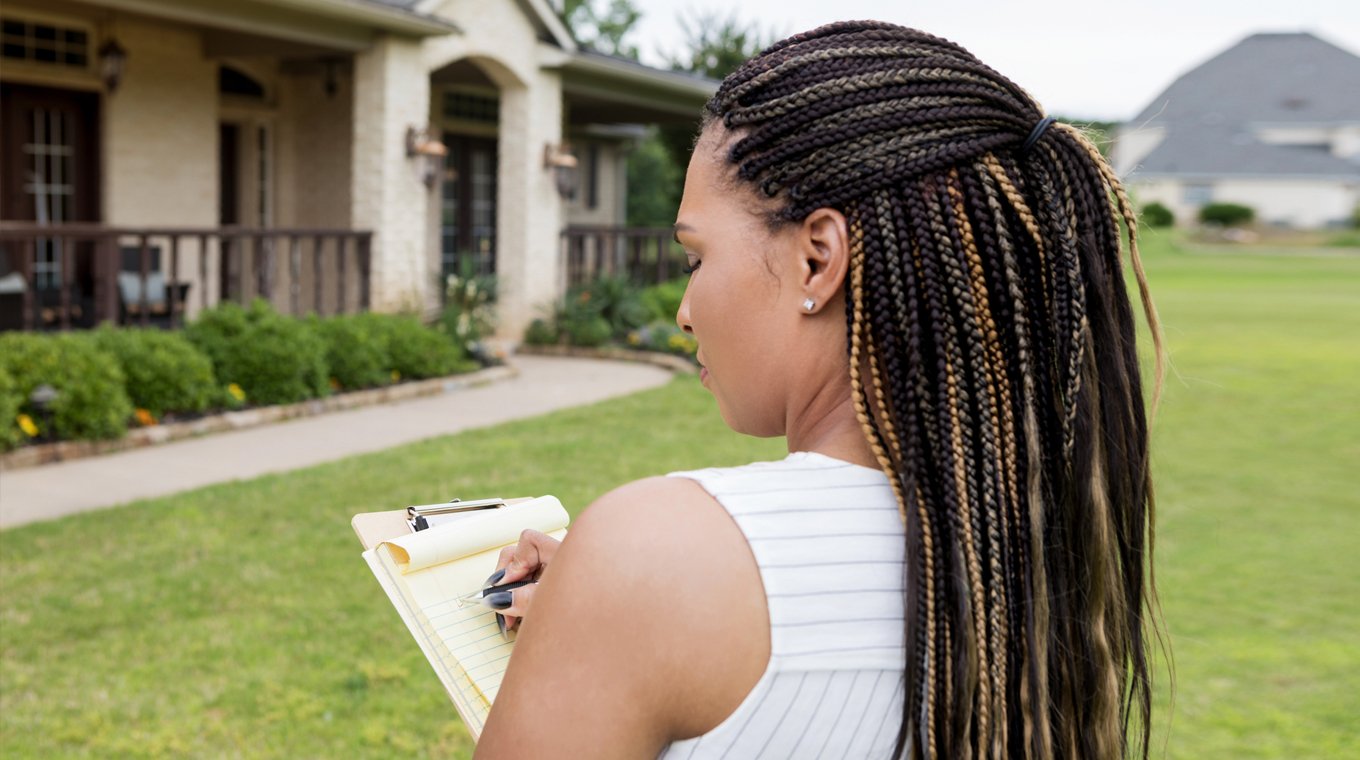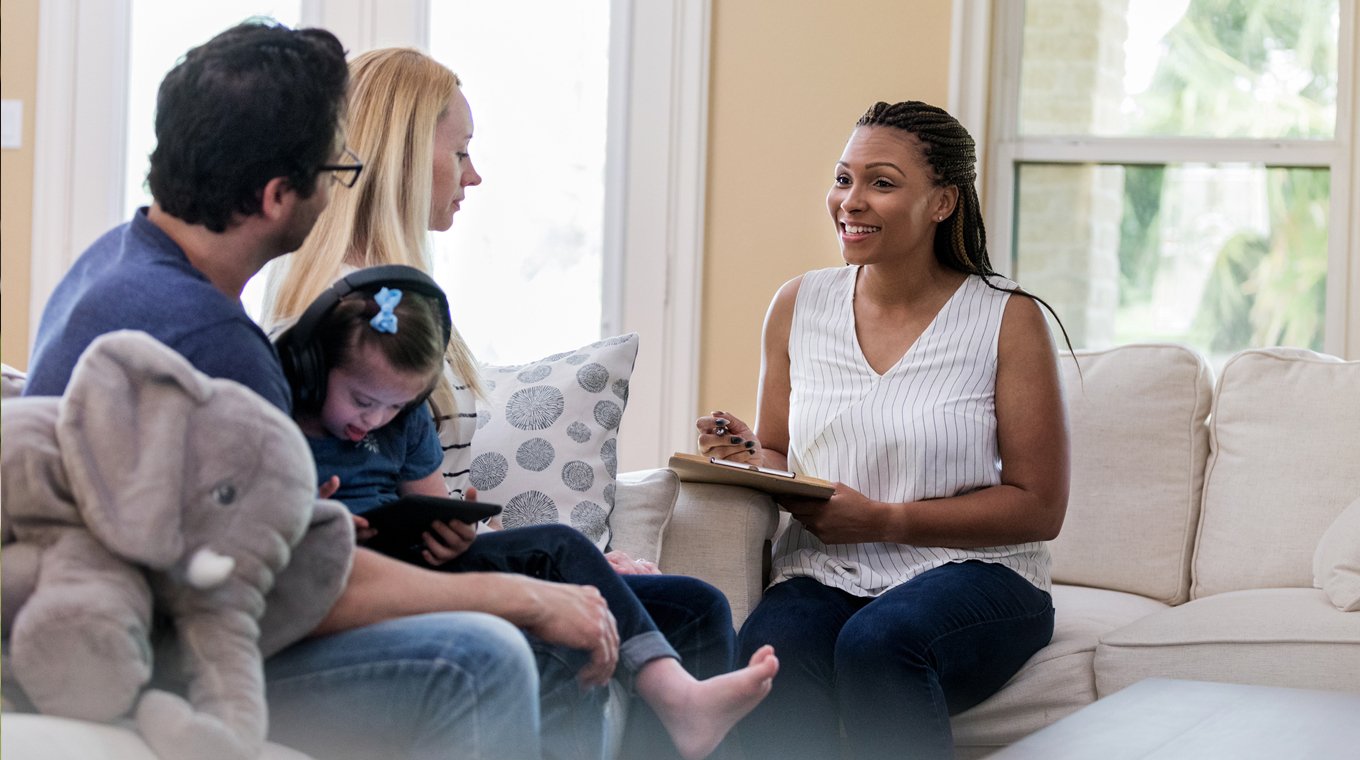
In this article
November is National Adoption Month, highlighting how families are made in a nontraditional way. There are a lot of requirements an adoptive family must meet in order to be able to finalize the adoption. One of the most important aspects of the pre-adoption vetting is the adoption home study which is required by every state before the adoption is completed.
Grainne Foley, the mother of two adopted children, explained it to Mom.com like this: “The purpose of the home study is simply to have a professional certify that your home is ok to house a child. They are not there to judge you or make you change your life. That being said, they can also be a huge resource for you at a time when you are feeling very isolated and alone.”
What is an adoption home study?

The home study is an in-home review of the location and background of prospective adoptive parents. It’s completed after the application and training classes required of every adoptive parent. The home study will interview immediate family and may include information from third-parties who can provide insights.
The report asks questions about the family background that includes financial statements and personal history. It will gather information about all aspects of the prospective parents including education, employment, and social life. Expect a home study to take approximately three to six months to complete. It takes the case worker this long to review the information and contact any references provided and get the information needed to properly evaluate the situation.
How to prepare: An adoption home study checklist

While many people will focus on the physical aspect of the home study and prepare the home itself, don’t ignore the psychological preparation for the stress of the situation. You’ll be asked a lot of personal questions and may feel defensive at times. Realize that it is just part of the process.
“The best way to prepare for the home study process is to try to relax. This is much easier said than done but the home study writer wants to get to know the real you,” Jailyn Bowen, LMSW Adoption Coordinator for Families First recommended to Mom.com. “It’s also helpful to know upfront that there will be a lot of questions, some of which can seem very personal but it’s a part of the process as the home study writer wants to gather as much information about your family as possible so they can write the best and most accurate report.”
Questions they might ask in a home study
The home study will conduct a series of interviews that ask a lot of questions. Expect questions about your family background and parenting experience. At the start, the case worker will go over basic questions such as your education and employment history. The case worker will also ask you about your desire and reasons for wanting to become an adoptive parent. Basic questions about your education and employment may not be a problem but things may start to feel invasive as the case worker begins to ask questions about your relationships, social life, and daily routines.
On top of the personal information that the case worker collects, there will be a lot of details about your actual home and the neighborhood that are looked at. They’ll want to see that the home is safe and prepared for the child. They’ll also want to know what the schools are like, if there are other kids in the neighborhood, and is it an overall safe place to be.
Adoption home study checklist
The home study consists of document gathering plus a home inspection. You’ll want to make sure everything is in order prior to the case workers showing up.
The documentation you’ll need for a home study include:
- Identification
- Birth certificates
- Social security cards
- Marriage certificate
- Proof of citizenship
- Proof of income and employment
- Medical records
- Pet vaccination records
- An autobiographical statement
Here is a checklist for the things needed in your home for the inspection:
- Working smoke alarms
- Working carbon monoxide detectors
- Stair gates
- Covered electrical outlets
- Locked windows with screens
- First aid kit
- Locked up firearms
- Working heating and cooling
- No lead paint
- Enclosed, safe yard
- Protective fencing around pools
- Child-proof padding on tables and sharp corners
What happens if you don't pass a home study?

It’s possible to fail the home study for any of a variety of reasons. But in most instances, there is an opportunity to correct any errors before the final report is approved.
“It’s possible that there may be mistakes within your home study. However, families have the chance to review the study prior to approval and they can inform the agency of any errors so they can be corrected,” Bowen continued. “Some people fear their home study will be rejected, but most agencies inform applicants of the state requirements as well as non-negotiables that they wouldn’t be able to approve a family for before you officially start the process.”
What is an ICPC home study?
The Interstate Compact on the Placement of Children (ICPC) refers to a law where adoption agencies examine a home in another state prior to placing a child in foster or adoptive care. This law is adopted by every state, thus making it uniform. This usually occurs when a family member in another state is vying to foster or adopt a child. An ICPC home study follows the same guidelines as any other home study.







